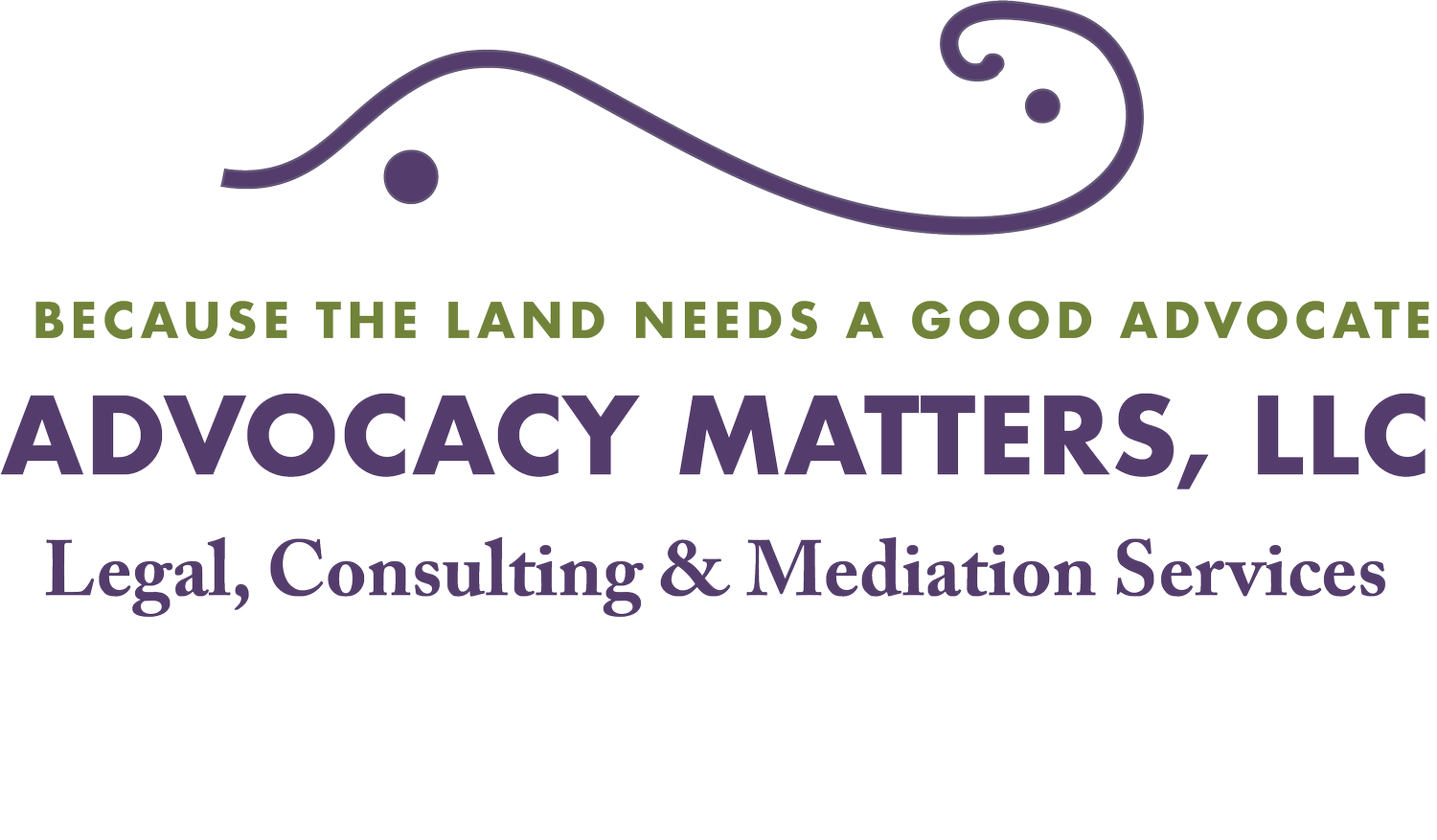Land Conservation
What is a Conservation Easement ?
A conservation easement is a legally binding written agreement voluntarily entered into between a landowner and a qualified conservation organization or governmental entity. Under the conservation easement agreement, the landowner allows a permanent restriction on the use of their land in order to protect the conservation values inherent on their land. See I.R.C. §170(h).
What is a Qualified Conservation Organization ?
Landowners must ultimately work with a “qualified conservation organization” or government entity in order to conserve any portion of their land through outright donation of land or an easement. In the real world, these “qualified conservation organizations” are called Land Conservancies or Land Trusts. These are simply non-profit organizations that work with landowners to protect open space.
Donation of Conservation Easement or Trail Easement
Outright Donation of Land
Hybrid-Donation and Sale of Conservation Easement or Trail Easement
Hybrid-Donation and Sale of Land
Reserved Life Estate
Donating Land or Conservation Easement by Will
Conservation Easement Options
Conserving land opens the door to a variety of tax benefits to consider, including federal deductions, state tax credits, estate tax incentives and property tax savings. Advocacy Matters, LLC specializes in helping clients navigate these myriad benefits and ensuring you receive them through proper drafting of your Conservation Agreements.
Important: Land Conservancies or any other qualified conservation organization cannot provide tax and legal advice, so it is vitally important to have your own legal advocate advise you about your specific situation before entering into any Conservation Agreements with any Organization or Governmental Entity.
Tax Benefits
Advocacy Matters, LLC can also assist you in determining if revenue generating activities are a good fit for your conservation project. A healthy revenue stream from non-traditional sources can contribute to sustainability of family lands by assisting with carrying costs including stewardship and management expenses, and investment in existing practices. We’ll help you navigate the emerging markets for Ecosystem Services a.k.a. Nature Based Credits, such as carbon sequestration, wetland and stream mitigation banking, species conservation banking and habitat exchanges. Also, we can help you weigh the pros and cons to determine if your property is a candidate for agroforestry, or leases for hunting, angling and other ranch or ecotourism activities.
Conservation Finance
Gwendolyn thinks outside the desk.
Because every property has its own story, and there may be many options for conservation that may not be readily apparent from an initial phone conversation, when requested, Gwendolyn prefers to meet with her clients out on their land. These site visits are like mini pilgrimages to honor the land and align her clients’ wishes with the best conservation tools available. Site visits are what sets her practice apart, not to mention that they are her favorite part of conservation work.







